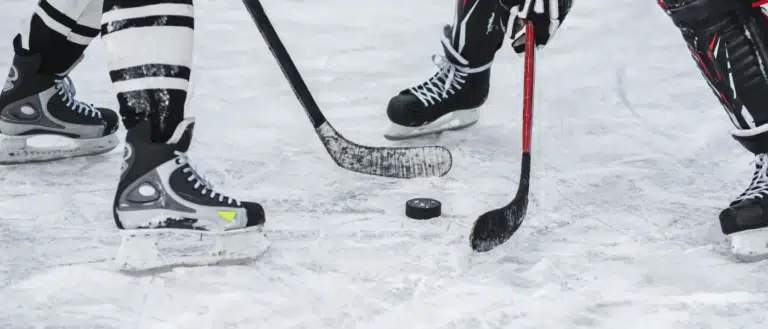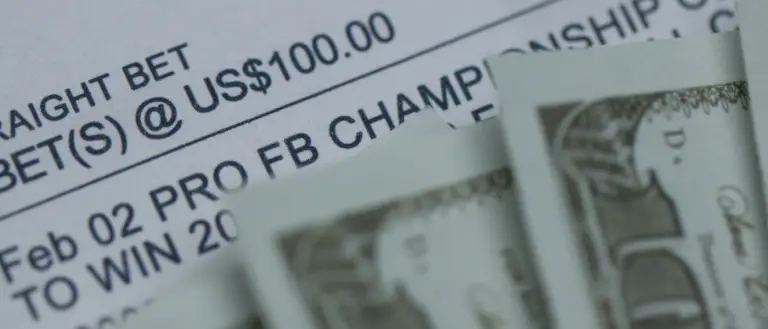How the 2020 Kentucky Derby is a Perfect Snapshot of Racing Today

Even without the obvious effects of a raging pandemic, the 2020 edition of the Kentucky Derby would have been called a special event, one for the history books. There was high drama both on the tracks, .
The racing action was superb, with a major upset that few predicted. Authentic won against odds of 8-1, staying ahead of Tiz the Law, the overwhelming favorite with the best odds in well over three decades (3-5).
Trainer Bob Baffert acquired legendary status with his sixth win in the Derby. He is now tied with Ben Jones for the record of most wins by a trainer in this iconic race. Even the jockey had a special day, winning his third Derby.
One could not have asked for a better race to showcase the timeless allure of horse racing betting. And it could not have come at a better time, as the sport faces seemingly insurmountable odds thanks to a global pandemic.
The Small Field is a Sign of the Times
Traditionally, the field for the Derby is restricted to 20 horses. This has been the rule since the 1970s. However in 2020, there were just 15 horses in the running on race day – the lowest ever in the history of the event since 1998.
Granted, a spate of unfortunate injuries played a big part in this. As late as a few moments before post time, one of the contenders from Baffert’s stables had to be scratched after rearing up and falling inside the paddock.
Still, racing as a whole has been experiencing a downward trend in the number of registered racing thoroughbreds. In the US, the numbers declined from 33,000 foals in 2002, to just under 20,000 in 2019, according to the NY Times.
Across the Atlantic, a similar trend is visible in British racing circuits as well. With a steady decline in the number of horses and an increase in the number of races, fields are getting smaller. This is bad news for the future of the sport, as races get less exciting.
Empty Stands Spell Trouble in More Ways Than One
Marquee events like the Kentucky Derby in the US and the Cheltenham races in the UK have no trouble attracting massive crowds. Last year, Churchill Downs welcomed more than 150,000 people. A local spike in COVID-19 cases meant that even the organizer’s modest plans to downsize the crowds to around 20,000 this year had to be abandoned.
Many other sports have soldiered on without spectators – soccer (football) is a prime example of a sport that suffers a lot from the absence of fans. A flat, silent arena can seem mournful and depressing.
In racing, it also means that you get to hear the sounds of whips being used by the jockeys on the final stretch, as it happened in the Kentucky Derby. Under ordinary circumstances, those sounds would be drowned out by the crowd. For a sport that is often at the receiving end of criticism from animal rights groups, this is less than ideal.
But more than anything else, it is the loss of on-course tote betting that will hurt racing the most in the long run. The smaller racecourses are already suffering tremendous losses due to extended lockdowns and canceled races. No spectators mean further losses in revenues from betting, catering, and other allied businesses.
Live Viewership Figures Offer a Ray of Hope
The proverbial silver lining in the clouds here comes from TV viewers – , it was the most-watched sporting event in 2020 after the Super Bowl. And further, it was the most-watched Labor Day Weekend event in recent years.
Given the busy schedule of NBA playoffs, MLB, and college football on the weekend, those are impressive figures. This is even more so since it was postponed and moved out of its regular May schedule. Last year’s dramatic Derby had a peak viewership of around 16 million in May.
Taking the unique context into consideration, these 2020 figures indicate that interest in racing is not in decline. But there is a shift in the way fans are choosing to interact with the sport. A steady decline in visitors to racecourses is due to widespread TV and online coverage of races, both in the US and UK.
Online and mobile betting is the future – tote betting at courses and betting shops are going the way of the dinosaurs. And the pandemic is accelerating their decline with lockdowns and social distancing requirements.
Jockeys Face a New Normal with Face Masks and No Saunas
Jockeys with face masks are a common sight at courses after the lockdown. It was no different at the Derby, with participants made to wear masks of various liveries. While not as impractical as in more physically active sports like basketball or football, they do present some challenges.
When you are charging at nearly 50 miles per hour astride a thousand pounds of sinews, bone, and muscle, a face mask becomes something more than a minor distraction. But jockeys are slowly adapting to the new reality of racing during COVID-19.
Like in other major sports, racing is also employing strict bio-security and social distancing measures to prevent virus transmissions. But given the itinerant nature of the jockey profession, significant hurdles remain.
Outbreaks involving jockeys have been reported in recent months, . More than a dozen jockeys tested positive for COVID-19 there in July 2020. Many racecourses have responded by prohibiting jockeys from traveling to participate in races elsewhere.
Apart from a potential loss in income, COVID also brings other challenges, particularly in areas of weight management. Saunas are out of bounds for jockeys given the high risk of virus transmission they present during the pandemic.
While hated by most jockeys, the saunas are a valuable accessory in helping them meet weight restrictions. In their absence, there could be an increase in other, more harmful practices like “flipping” (self-induced vomiting after meals).
What Next for Horse Racing in 2020?
The final months of 2020 could be crucial for the long-term future of the sport, both in the US and especially in the UK. British racing has been hit by a trifecta of blows – the fallout of Brexit, new limits on betting, and the pandemic. Frantic attempts are underway to gain some form of relief package from the government for an industry that adds billions of pounds to the UK economy.
Over in the US, the immediate focus will be on the final leg of the Triple Crown. In a schedule that has been thrown upside down by the virus, the Preakness Stakes will serve as the final race, instead of the Belmont Stakes. With Authentic keeping Tiz the Law from the crown at the Kentucky Derby, it is now clear that there will be no Triple Crown champion in 2020. While Authentic is a probable starter for Preakness, it is unlikely that he will have a rematch with Tiz the Law.







